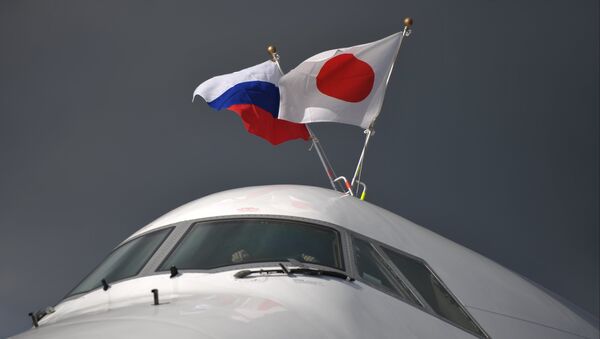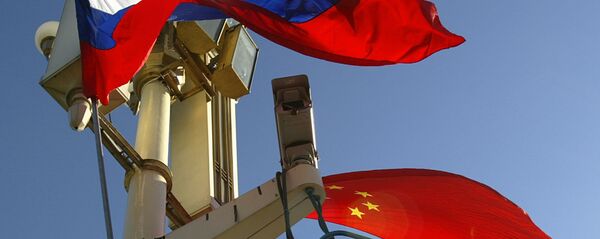According to a recent poll by Iomiuri newspaper, 51 percent of respondents who lived on Kunashir, Iturup, Shikotan and Habomai islands before the end of WWII, said that Tokyo should reconsider its demand for the immediate return of what it calls “Northern territories.”
Summing up the poll’s results in an interview with Sputnik Japan, the executive director of the Union of Kuril Islands’ Residents Waki Kimio reiterated the Union’s demand for the simultaneous return of the four islands, but added that it would accept any decision the two countries’ leaders might take after a series of consultations.
“We want to make sure that the issue of the islands’ simultaneous handover [to Japan] does not become an eternal problem,” he said.
Meanwhile, Sputnik Japan has conducted its own survey of 500 young Japanese men’s and women’s position on the final solution of the territorial issue.
37 percent said they would settle for the return of two islands. 23 percent insisted that without the handover of all four islands there could be no peace treaty between Japan and Russia. 20 percent opted for alternative solutions and as many said they just did not care.
One thing is clear: a problem, which has remained undecided for the past seven decades, can’t be resolved overnight. Any decision will entail a mass of legal, technical and other provisions.
In an interview with NTV and Iomiuru, President Putin acknowledged the complexity of this problem saying that “we can’t resolve issues pertaining to the peace treaty and the disputed islands automatically, just by outlining plans of possible cooperation. This is a matter of thorough and professional negotiations.”
Putin described the lack of a peace treaty with Japan as an anachronism that must be consigned to history. He added that
even though Russia does not think that it has any territorial problems with Japan, he is still ready to discuss this.
There is a chance to break this impasse, but slowly, without any twists and turns. There is a lot of mistrust between the two countries and still, ahead of Vladimir Putin’s visit to Japan, Moscow and Tokyo started talking about a compromise. What is really important here is that the public opinion in both countries is prepared to accept such a compromise.
It looks like the current generation of Japanese takes a more flexible position on the territorial issue, which could help [Prime Minister Shinzo] Abe to achieve this ambitious goal.
The Russian-Japanese relations are tainted by Tokyo's claims to several Russian islands.
Japan lays claims to four Kuril Islands of Kunashir, Shikotan, Habomai and Iturup, which belong to Russia according to the 1951 San Francisco Peace Treaty that transferred the control of the islands to the Soviet Union. Japan's stance prevented Moscow and Tokyo from signing a peace treaty after World War II.
The relations between the two states have recently been re-energized. In September, Abe took part in the Eastern Economic Forum in Russia's Vladivostok, during which he held three-hour talks with the Russian president.
One of the outcomes of the meeting was the announcement of Putin's visit to Japan on December 15, which has been postponed from 2014.
Never miss a story again — sign up to our Telegram channel and we'll keep you up to speed!



